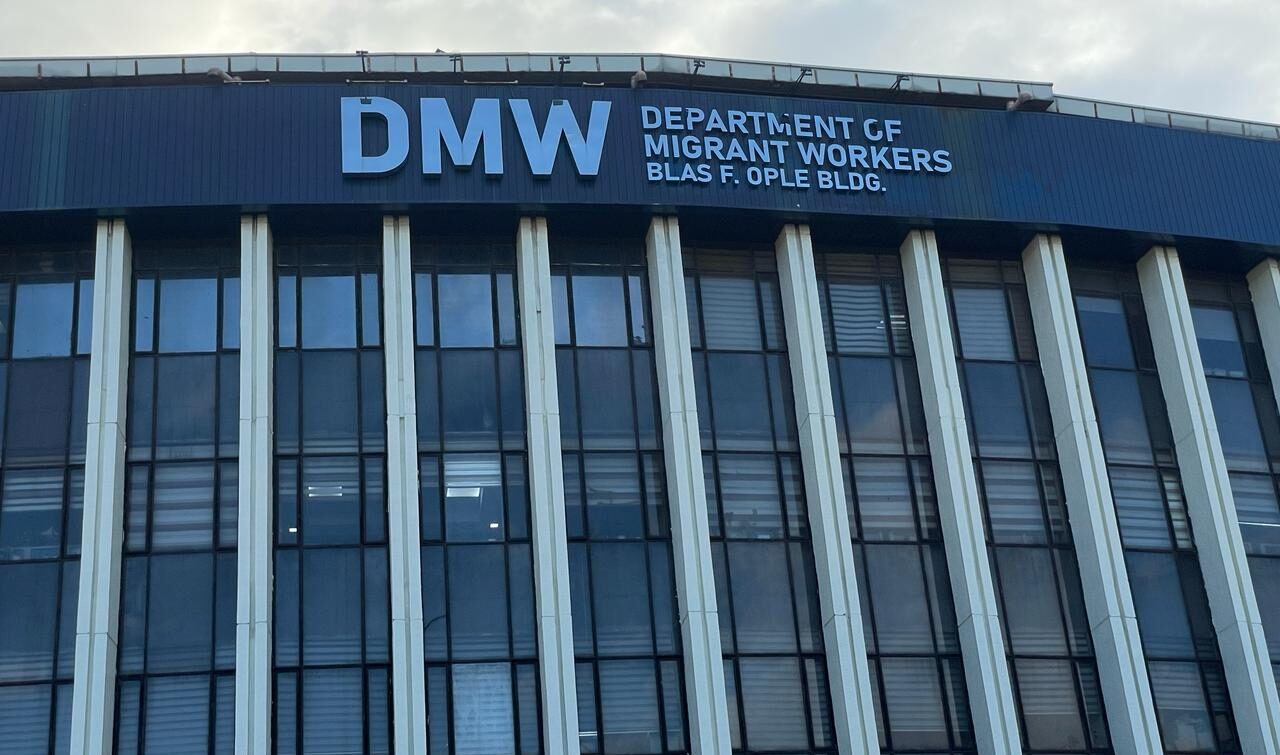House bill tasks DMW to create OFW Registry
MANILA, Philippines — A party list lawmaker is pushing for the creation of a registry for overseas Filipino workers (OFWs) to stop illegal recruitment and ensure that only those who are qualified will be sent abroad.
Under Kabayan party list Rep. Ron Salo’s House Bill No. 10821, or the proposed OFW Registry Act, the registry should include a scorecard system to assess an applicant’s competence and readiness for overseas employment, specifically covering financial literacy, psychological and mental health, physical fitness, and other relevant factors.
All valid job orders will also be posted in the registry and any recruitment done outside it will be considered illegal.
READ: 125 OFWs in ‘Golden Triangle’ cyber scam hubs in Laos back in PH
According to Salo, such a system would “eliminate the need for recruitment agencies to search in far-flung areas, thereby ending the deployment of unprepared OFWs and significantly reducing the risks associated with overseas employment.”
Registration required
The bill likewise puts in place a skills-matching system and stringent oversight of recruitment and manning agencies to ensure that only verified job orders from licensed manpower agencies are posted in the OFW registry to “eliminate illegal recruitment activities and protect OFWs from exploitation and abuse.”
The Department of Migrant Workers (DMW) is tasked with creating the registry. “All OFWs, including returning OFWs and those who intend to work abroad, must register with the OFW Registry. Only those registered and belong to the OFW Green List shall be allowed to work abroad,” Salo said.
The “green list” will include OFWs eligible for deployment, as determined by the DMW through the scorecard system, who meet established criteria and demonstrate work readiness for jobs overseas. The bill also authorizes the DMW to “blacklist OFWs or those intending to work abroad for violation of their overseas contract, or on other legal grounds.”
As a deterrent against illegal recruitment, the bill states that “unless exempted by the DMW, recruitment of OFWs, whether land-based or sea-based, shall only be within the OFW Registry.”
Aside from creating the registry, the DMW must also work with the Department of Information and Communications Technology (DICT) to ensure the integrity and privacy of persons in the registry.
In addition, the DMW will be responsible for crafting the guidelines for the bill’s implementation, along with the DICT, Bureau of Immigration, Overseas Workers Welfare Administration and Department of Foreign Affairs.

